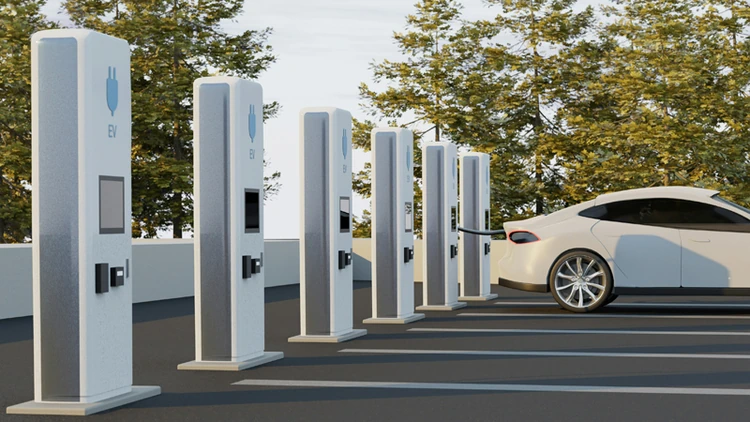For years, electric vehicle (EV) owners have enjoyed free charging at various public stations. But that era is coming to an end. Many charging stations across the country are introducing new pricing structures, meaning drivers will now have to pay to power up their EVs.
Why the Change?
The decision to introduce charging fees is driven by several factors. As more people switch to electric vehicles, the demand for charging stations has increased significantly. Maintaining and expanding charging infrastructure requires funds, and free services are no longer sustainable.
Additionally, some companies and governments argue that charging fees will prevent unnecessary use of charging stations. Many drivers leave their cars plugged in for long hours, even after their battery is full. By adding a price tag, authorities hope to encourage responsible usage and reduce wait times.

How Much Will It Cost?

Pricing structures vary depending on the location, network provider, and type of charger. Generally, the cost is based on one of the following models:
- Per kWh pricing: This is the most common model, where drivers pay for the electricity consumed. The rates range from $0.10 to $0.50 per kilowatt-hour, depending on the station and location.
- Per minute pricing: Some stations charge per minute of charging, especially for fast chargers. Prices range from $0.15 to $0.50 per minute.
- Flat session fees: A few providers charge a fixed fee per charging session, regardless of time or power used.
- Membership plans: Certain networks offer subscription models, where drivers pay a monthly fee for discounted charging rates.
How Will This Affect EV Owners?
The introduction of charging fees means that EV drivers will need to plan their expenses differently. While charging at home remains the cheapest option, those who rely on public chargers—especially apartment dwellers—will see an increase in costs.
On average, a full charge for an EV with a 60 kWh battery could cost between $6 and $30 at public stations, depending on the rates and charging speed. Compared to gasoline prices, this is still a cost-effective option, but the free-charging benefit is now disappearing.
What Are Companies Saying?
Major charging networks like Tesla Superchargers, Electrify America, and ChargePoint have already implemented pricing plans in many locations. Representatives from these companies state that the move is necessary to support network expansion and maintenance.
A spokesperson from one leading charging provider said, “As more people adopt EVs, we need to invest in upgrading our infrastructure. A fair pricing model ensures better availability and reliability for all users.”
Government Policies and Support
Some governments are stepping in to regulate charging prices to ensure fairness. In certain states, officials have introduced policies to cap charging rates or offer incentives for off-peak charging.
Additionally, many cities continue to invest in expanding the charging network, ensuring that more charging stations are available in public areas, malls, and workplaces.
Tips for EV Owners to Save Money
With free charging no longer an option, here are some ways to reduce costs:
- Charge at home – If possible, install a home charging station to take advantage of lower residential electricity rates.
- Use off-peak hours – Some charging networks offer discounts during late-night hours when electricity demand is lower.
- Join a membership plan – If you frequently use public chargers, a subscription plan could help you save money.
- Plan your routes – Use apps like PlugShare or ChargePoint to find the most affordable charging stations near you.
The Future of EV Charging
As the number of EVs on the road continues to grow, the charging infrastructure will need to expand. While the end of free charging may feel disappointing to some, experts believe that introducing fees will lead to a more efficient and reliable network. Charging stations will become more available, well-maintained, and capable of handling increasing demand.
EV adoption is still on the rise, and the transition to paid charging is just another step in the evolution of electric transportation. While it may take time to adjust, the move is expected to create a more sustainable and balanced EV ecosystem for everyone.
Also read: AI is Watching! How UAE Uses Smart Tech for Ultimate Safety













